Ep. 33: Ridge Shinn – CEO of Big Picture Beef ||
On episode 33 we welcome Ridge Shinn, CEO of Big Picture Beef – a businessman making us all a little more regenerative through a smarter regional production approach. In 2010, Time Magazine cast Ridge as the original Carbon Cowboy. He lives with that mantra everyday.
.
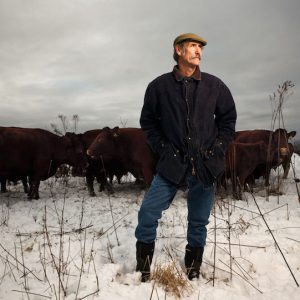
It’s as fundamental as investing in animal well-being for the betterment of our planet’s wellbeing and your health. As the financial landscape in production continues to evolve, Shinn sees a sustainable business model for future food being of more regional production – an approach that he believes others will soon follow. Founded in 2015 – Based out of Hardwick, MA – Big Picture Beef’s mission is to establish an environmentally sustainable and economically viable model of producing beef through managed grazing—no feedlots and no grain, ever. Shine & Big Picture envision a system that produces healthy animals, healthy food, healthy soils, and fair wages for farmers.
“We work with numerous farms in the region that produce young stock according to our standards. Then we aggregate these cattle for fattening on several large finishing farms, also in the region, that are staffed by skilled graziers. A variety of regenerative farming techniques, notably rotational grazing to foster soil health and fertility, are key to our success. We harvest the finished cattle and sell 100% grass-fed and grass-finished beef and beef products to wholesale customers.” – Ridge Shinn
In our 40 minute conversation we discuss topics ranging from bioregions; consumer’s role as change agents; drawdown; and one-health of animal, planet & consumer. Ridge offers insights into an operating model that seeks to be benefit diverse stakeholders interested in preserving a regional provenance, and commitment to a production approach. Decades of experience offers Shinn assurance that all of that hard work developing protocols in the fields are now queueing market interest. It’ll be fascinating for all, but if you live in the Northeast – you should give it a listen.


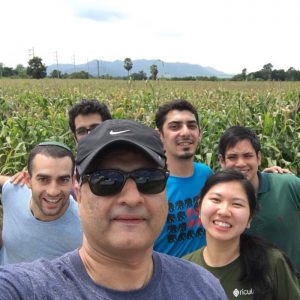 Their Bill and Melinda Gates foundation backed company has now architected and framed a system which alleviates many of the issues within current supply chains for small farmers. Supply chains for the billion small stakeholder farmers throughout the globe are often controlled by their investors, who maybe be better described as loan-sharks and present limited interest in feeding a shrinking planet nor looking out for the best interests of their debtors. From Clearinghouse -to- Financier -to- Marketplace preserving production qualities – it’s RIcult that has stepped in to re-introduce potential for small stakeholder farmers to make a fair living through growing our food.
Their Bill and Melinda Gates foundation backed company has now architected and framed a system which alleviates many of the issues within current supply chains for small farmers. Supply chains for the billion small stakeholder farmers throughout the globe are often controlled by their investors, who maybe be better described as loan-sharks and present limited interest in feeding a shrinking planet nor looking out for the best interests of their debtors. From Clearinghouse -to- Financier -to- Marketplace preserving production qualities – it’s RIcult that has stepped in to re-introduce potential for small stakeholder farmers to make a fair living through growing our food. It’s Agriculture Capitals mission to grow access to healthy, sustainable food. “We’ve assembled experienced professionals from finance, farming, processing, marketing, and sustainability to bring innovative thinking to managing successful food enterprises.” described the firm’s website. Turner has over 20 years of experience in corporate sustainability, environmental management, and consumer engagement. Most recently, he was on the executive team at organic yogurt pioneer Stonyfield Farm as the company’s VP Sustainability Innovation. Prior to that, he was founding executive director of Climate Counts, an international NGO focused on measuring and scoring the world’s largest consumer companies on their concrete, enterprise-level responses to climate change. Wood has consulted to brands, elected officials, and public agencies on mobilizing the public around ideas that improve the environment and build community.
It’s Agriculture Capitals mission to grow access to healthy, sustainable food. “We’ve assembled experienced professionals from finance, farming, processing, marketing, and sustainability to bring innovative thinking to managing successful food enterprises.” described the firm’s website. Turner has over 20 years of experience in corporate sustainability, environmental management, and consumer engagement. Most recently, he was on the executive team at organic yogurt pioneer Stonyfield Farm as the company’s VP Sustainability Innovation. Prior to that, he was founding executive director of Climate Counts, an international NGO focused on measuring and scoring the world’s largest consumer companies on their concrete, enterprise-level responses to climate change. Wood has consulted to brands, elected officials, and public agencies on mobilizing the public around ideas that improve the environment and build community.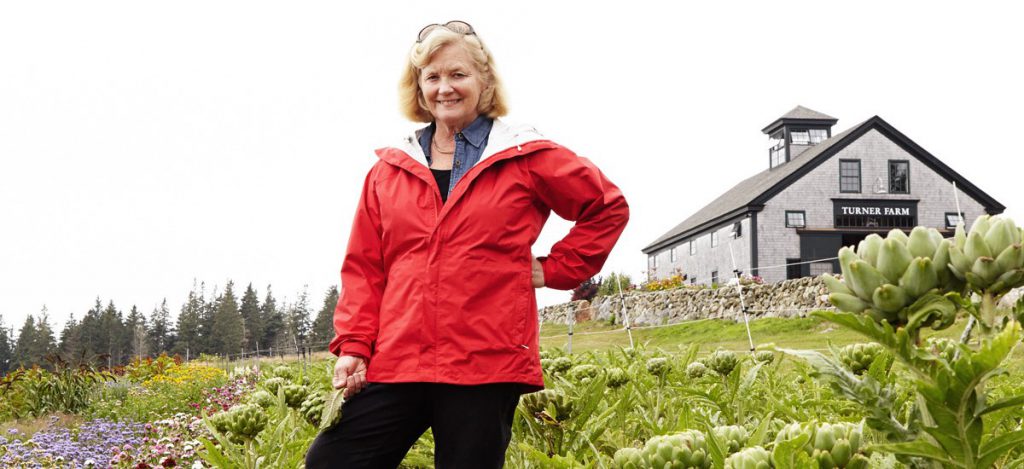
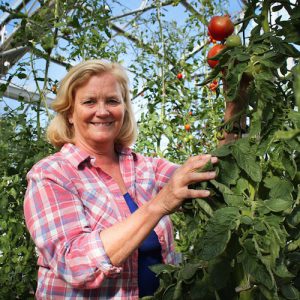 Truth is, a good portion of our discussion focused on the beautiful State of Maine. Once, and what could again be the fulcrum of the regional food system of the Northeast, Maine has an agricultural linage dating back to the beginning of the Union. 3500 miles of coastline boasting access to a bounty of some of the cleanest waters and seafood in the world. Through this, Maine could cast a long shadow in future bio-regional economies. Pingree embraces systems thinking on her farmstead & Inn in Maine, and in the other House – on The Hill, 600 miles south.
Truth is, a good portion of our discussion focused on the beautiful State of Maine. Once, and what could again be the fulcrum of the regional food system of the Northeast, Maine has an agricultural linage dating back to the beginning of the Union. 3500 miles of coastline boasting access to a bounty of some of the cleanest waters and seafood in the world. Through this, Maine could cast a long shadow in future bio-regional economies. Pingree embraces systems thinking on her farmstead & Inn in Maine, and in the other House – on The Hill, 600 miles south.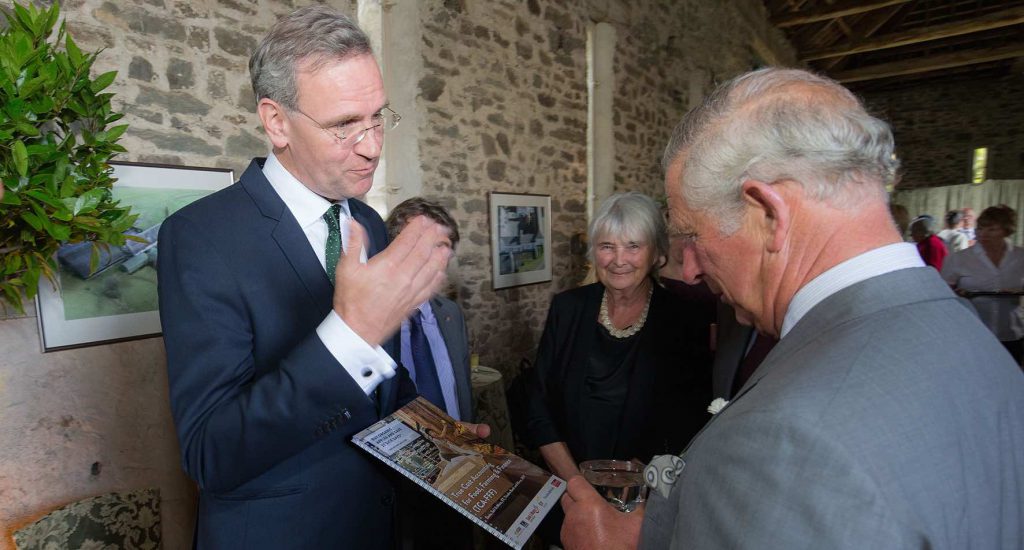
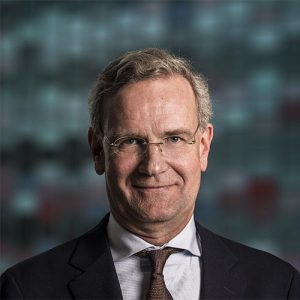 Along with the UN and Ernst & Young – Volkert Engelsman and the team at EOSTA have levered the Nature & More framework to prove healthier & cleaner food has greater value than the cheap stuff. The pilot program has been labeled “True Cost Accounting for Food, Farming & Finance”. We learn that French Government has calculated a 54b Euro impact of externalized costs from contamination on the water supply and environmental impact tied to conventional food production. More over, the UN calculates $2.8 Trillion of environmental externalized costs and $2.1 Trillion in social damage tied to extractive models of agriculture. Engelsman explains that’s about the equivalent of the total revenues of all food products from around the world. “The report makes clear that organic food is not too expensive, but rather conventional food is too cheap.” – details Engelsman.
Along with the UN and Ernst & Young – Volkert Engelsman and the team at EOSTA have levered the Nature & More framework to prove healthier & cleaner food has greater value than the cheap stuff. The pilot program has been labeled “True Cost Accounting for Food, Farming & Finance”. We learn that French Government has calculated a 54b Euro impact of externalized costs from contamination on the water supply and environmental impact tied to conventional food production. More over, the UN calculates $2.8 Trillion of environmental externalized costs and $2.1 Trillion in social damage tied to extractive models of agriculture. Engelsman explains that’s about the equivalent of the total revenues of all food products from around the world. “The report makes clear that organic food is not too expensive, but rather conventional food is too cheap.” – details Engelsman.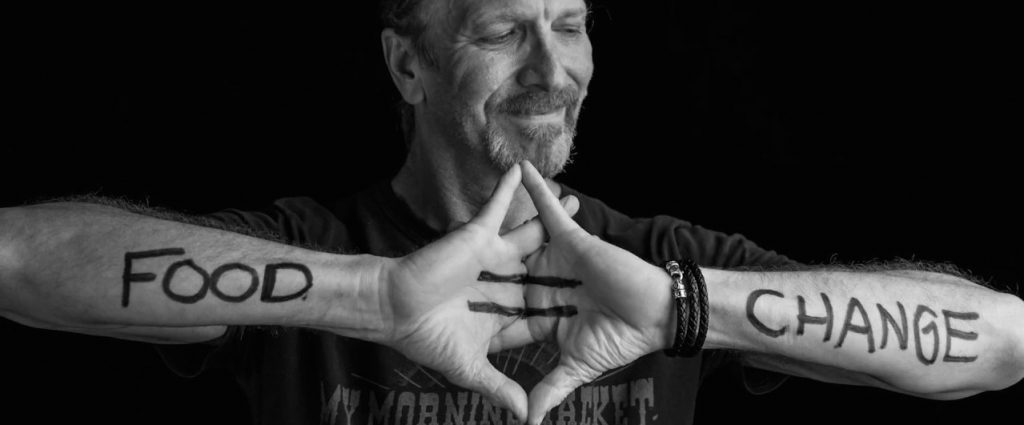
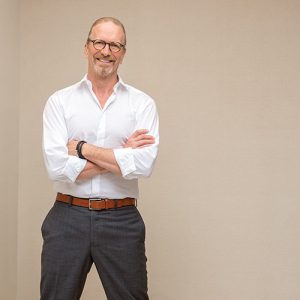 The entire hour of our conversation is well worth a listen. But, if you have only 10 minutes to lend an ear – tune-in to hear the power of Michel’s words and the emotional description of his dear friends Paul Newman and Gus Schumacher. Both influential allies; both impressive leaders; both iconoclasts who’ve have disrupted by leaving this place much better than they had found it.
The entire hour of our conversation is well worth a listen. But, if you have only 10 minutes to lend an ear – tune-in to hear the power of Michel’s words and the emotional description of his dear friends Paul Newman and Gus Schumacher. Both influential allies; both impressive leaders; both iconoclasts who’ve have disrupted by leaving this place much better than they had found it.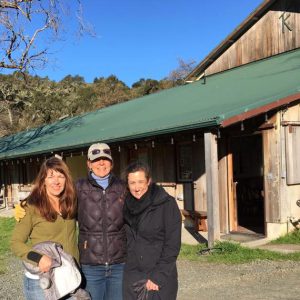 Today I’m joined by two knowledgeable thought leaders pioneering a better food movement sprawling from coast to coast, and everywhere in-between. On episode 18 of Sourcing Matters Wendy Millet – Director of Tomkat Ranch research center, and Jill Isenbarger – CEO of Stone Barns Center discuss all important topics ranging from circular economies, holistic management, food & Agtech, and more which have begun casting a long shadow over a quickly changing domestic food landscape.
Today I’m joined by two knowledgeable thought leaders pioneering a better food movement sprawling from coast to coast, and everywhere in-between. On episode 18 of Sourcing Matters Wendy Millet – Director of Tomkat Ranch research center, and Jill Isenbarger – CEO of Stone Barns Center discuss all important topics ranging from circular economies, holistic management, food & Agtech, and more which have begun casting a long shadow over a quickly changing domestic food landscape. 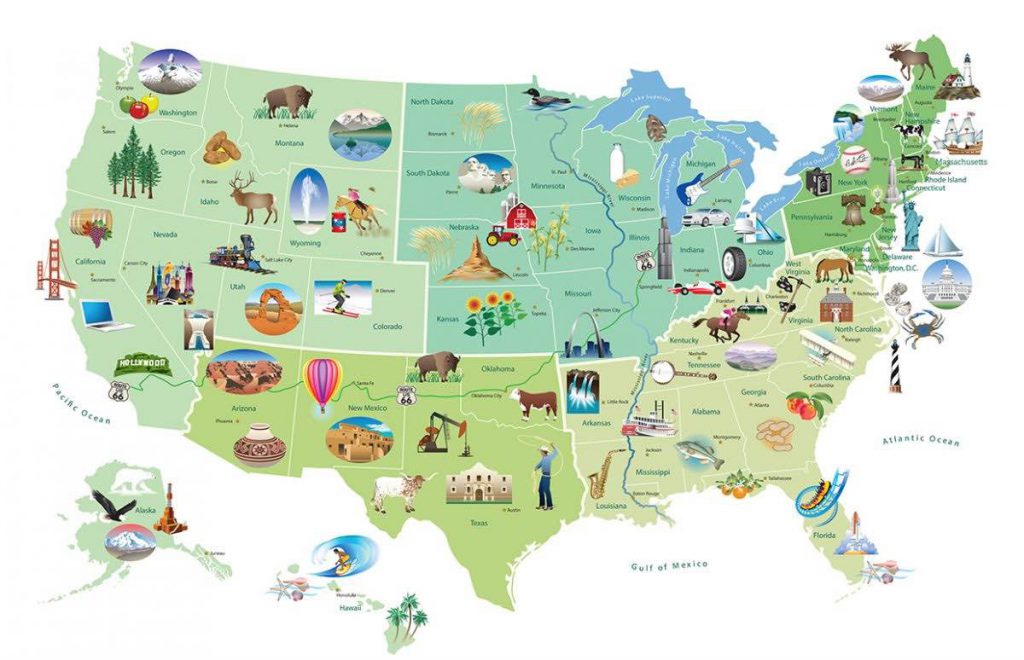
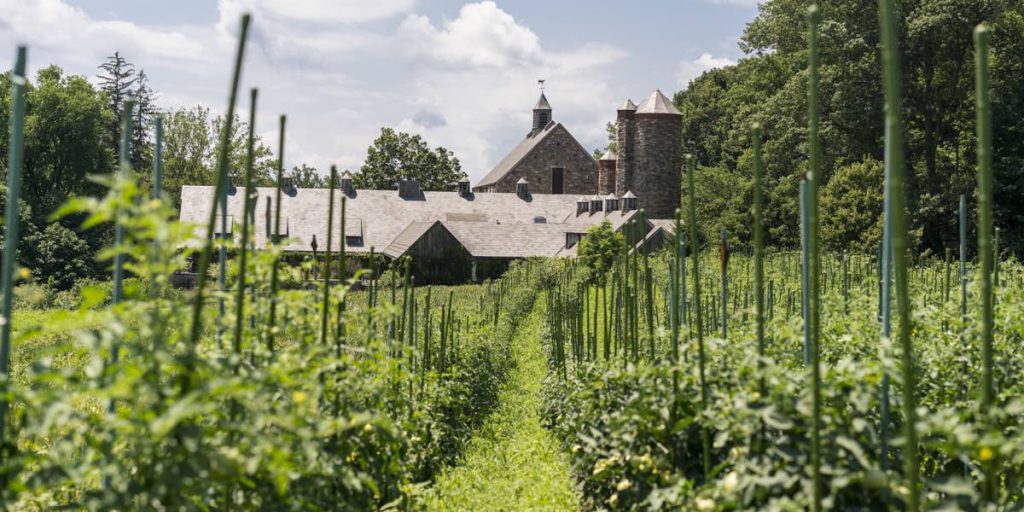
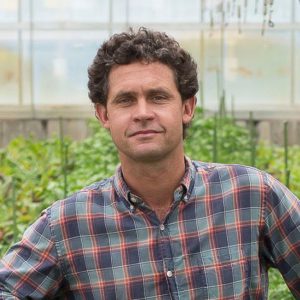 The goal of this agricultural research and educational epicenter in West Chester NY is to cast a large shadow on consumers and producers alike through better connecting more to natural order through the food we eat. There are many challenges of this type of agritourism on a working farm, but Jack takes them all in stride – stating: “We can only look ahead. If people engage in food; if they ask for, and demand more – we can change the food system together.” Algiere continues, “Where do we learn this stuff? On the small, beautiful farms we can all access.”
The goal of this agricultural research and educational epicenter in West Chester NY is to cast a large shadow on consumers and producers alike through better connecting more to natural order through the food we eat. There are many challenges of this type of agritourism on a working farm, but Jack takes them all in stride – stating: “We can only look ahead. If people engage in food; if they ask for, and demand more – we can change the food system together.” Algiere continues, “Where do we learn this stuff? On the small, beautiful farms we can all access.”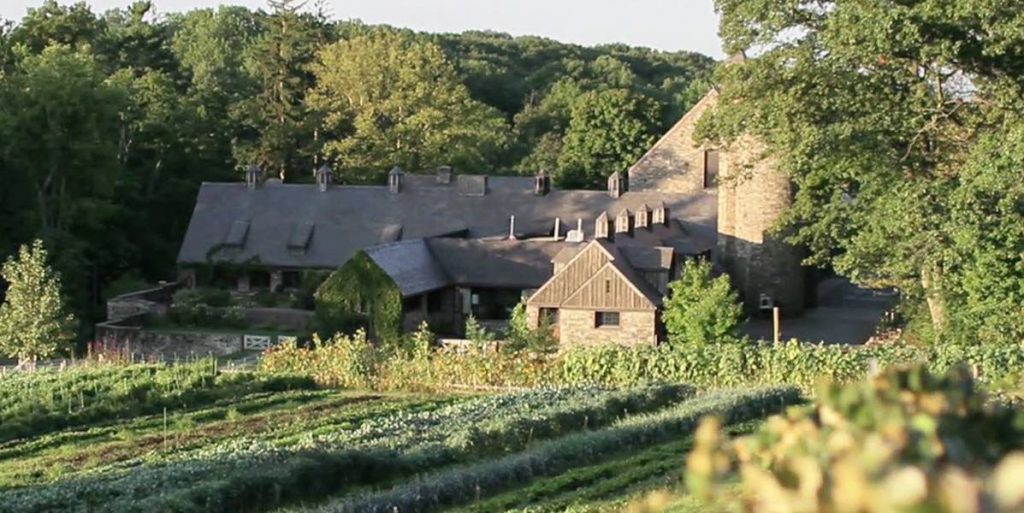
 18 months ago Ayr Muir made a commitment to his employees. National minimum wage is $7.25, and MA today is $11 pr/hr. Ayr commitment to a fair living wage of at least $15 per, and now has upped the challenge again – explaining “if it’s right for the employees, it’s worth fighting for.” Muir has monitored similar key metrics of success from day one. Now, with many lessons under his belt – these sound business decisions seem to be second nature as Ayr’s commitment to quality & flavorful ingredients, to good people and to the planet push forward each informed strategy.
18 months ago Ayr Muir made a commitment to his employees. National minimum wage is $7.25, and MA today is $11 pr/hr. Ayr commitment to a fair living wage of at least $15 per, and now has upped the challenge again – explaining “if it’s right for the employees, it’s worth fighting for.” Muir has monitored similar key metrics of success from day one. Now, with many lessons under his belt – these sound business decisions seem to be second nature as Ayr’s commitment to quality & flavorful ingredients, to good people and to the planet push forward each informed strategy.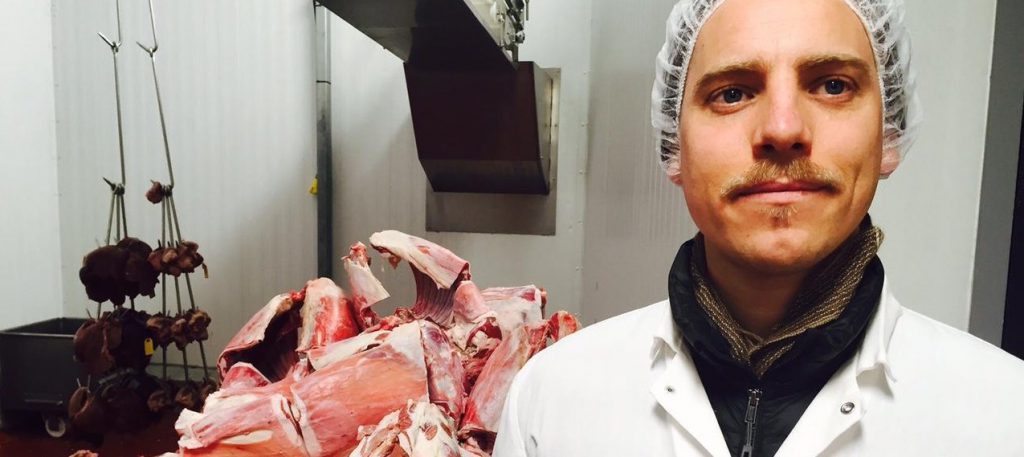
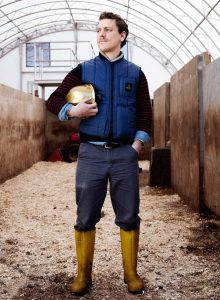 During a 35 minute chat, host Aaron Niederhelman discusses with Thiboumery a wide variety of subjects including the current state of the industry, bioregions for economic growth, new competition from plant-based cellular meat products and growth plans to scale Vermont Packinghouse’s honed process. Thiboumery explains that he’s “a recovering academic who decided to get my hands dirty in meat processing”. A deep thinking student of the game, Arion has a vision for the future of the American food system with a more engaged consumer who eat less meat, but better of it. Have a listen, and learn why modern processing committed to transparency and provenance is cornerstone to feeding a shrinking and resource challenged world.
During a 35 minute chat, host Aaron Niederhelman discusses with Thiboumery a wide variety of subjects including the current state of the industry, bioregions for economic growth, new competition from plant-based cellular meat products and growth plans to scale Vermont Packinghouse’s honed process. Thiboumery explains that he’s “a recovering academic who decided to get my hands dirty in meat processing”. A deep thinking student of the game, Arion has a vision for the future of the American food system with a more engaged consumer who eat less meat, but better of it. Have a listen, and learn why modern processing committed to transparency and provenance is cornerstone to feeding a shrinking and resource challenged world.